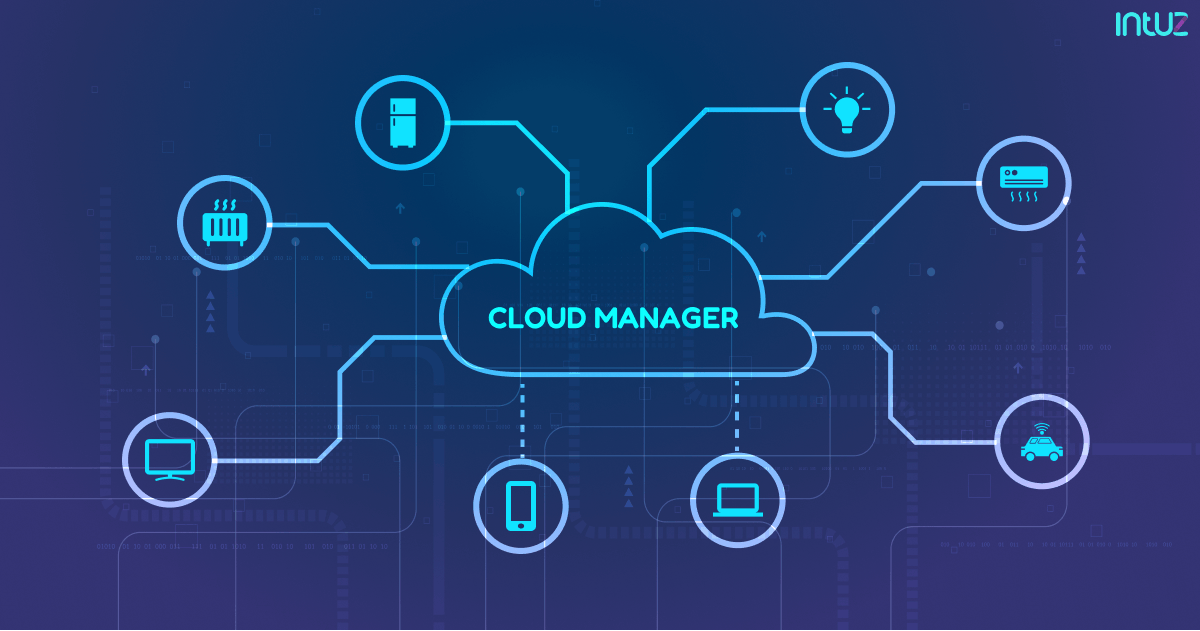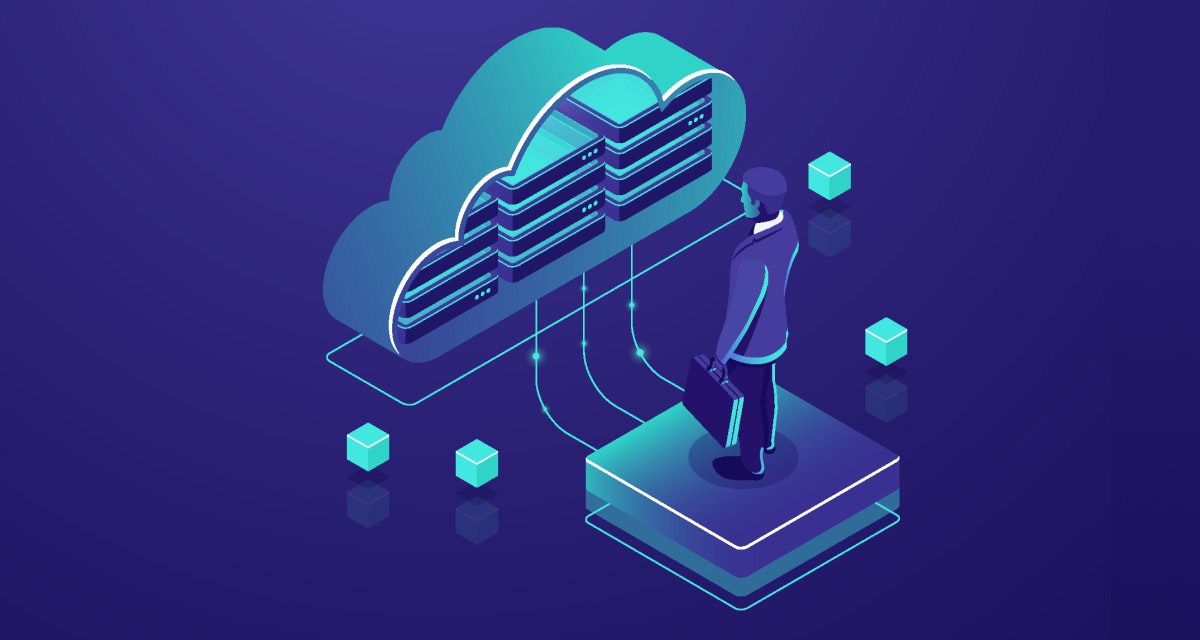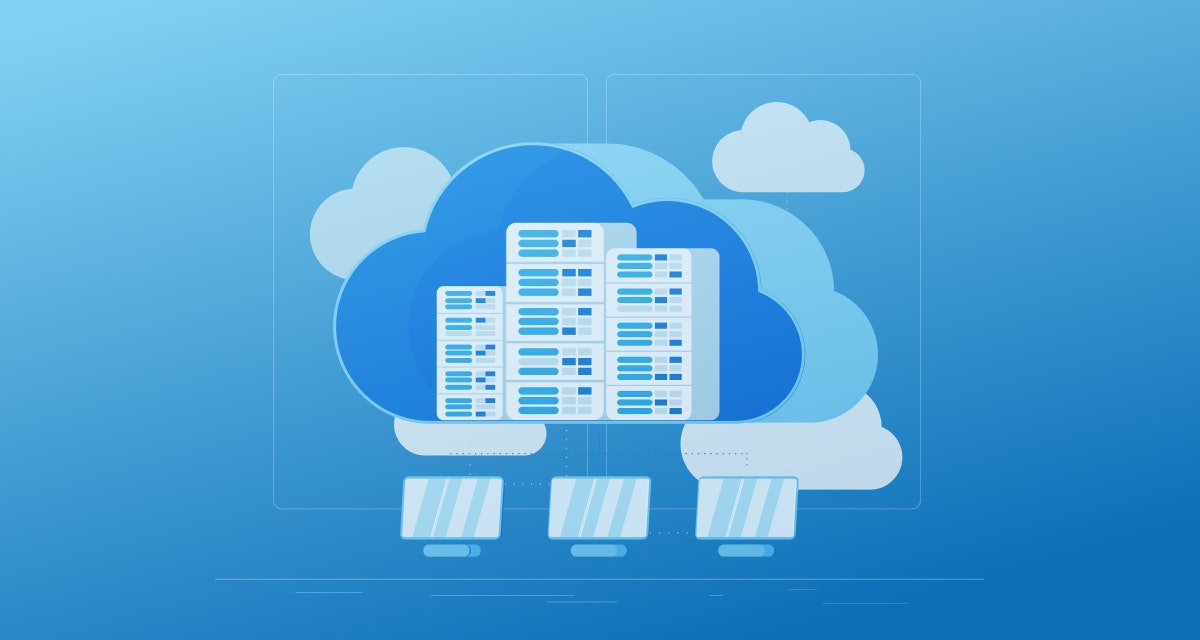Table of Content
In today's cloud-native world, quickly identifying and resolving issues is crucial for maintaining system reliability and user satisfaction. This guide walks through implementing automated log analysis and incident response for cloud environments.
Why Log Management and Alerting Matters
- Reduced Downtime: Faster issue detection means quicker resolution, leading to improved system availability
- Cost Savings: Automated analysis reduces manual effort and speeds up troubleshooting
- Better Customer Experience: Proactive issue detection prevents user-impacting incidents
- Compliance: Centralized logging helps meet regulatory requirements and security standards
- Team Efficiency: Automated routing ensures the right team members are notified immediately
Use Cases of Automated Log Analysis for Cloud Environments
1. Quick Issue Identification
Application Errors:
- Automatic detection of exceptions and errors
- Immediate notification to relevant developers
- Automated Jira ticket creation with error context
- Trend analysis for recurring issues
2. Performance Monitoring
Slow API Detection:
- Monitor API response times
- Identify slow endpoints automatically
- Generate performance reports
- Create targeted optimization tasks
3. Database Optimization
Slow Query Analysis:
- Automatic detection of slow queries
- Performance impact assessment
- Query optimization recommendations
- Automated report generation for DBAs
4. Infrastructure Monitoring
Resource Utilization:
- CPU, memory, and disk usage tracking
- Automatic scaling trigger analysis
- Capacity planning recommendations
Cost optimization opportunities
Log Collection Strategy
AWS Environment
Configure CloudWatch Log Groups for different services:
- Application logs from EC2, ECS, and Lambda
- VPC Flow Logs for network analysis
- CloudTrail for API activity monitoring
- Load Balancer access logs
- RDS logs for database monitoring
Kubernetes Clusters
Implement logging at multiple levels:
- Node-level system logs
- Container logs using FluentD or FluentBit
- Control plane logs for cluster operations
- Application logs from pods
- Stream all logs to CloudWatch Log Groups
Linux Systems
Collect critical system logs:
- /var/log/syslog for system events
- /var/log/auth.log for security events
- Application-specific logs
- Custom application logs
Use CloudWatch Agent for automated collection
Automated Analysis Configuration
Example Custom Shell Script Implementation
#!/bin/bash
# Sample log analysis script
LOG_GROUP="/aws/applicationlogs"
ERRORS=$(aws logs filter-log-events \
--log-group-name $LOG_GROUP \
--filter-pattern "ERROR" \
--start-time $(date -d '5 minutes ago' +%s000) \
--query 'events[].message' \
--output text)
if [ ! -z "$ERRORS" ]; then
# Create Jira ticket with error details
create_jira_ticket "$ERRORS"
# Send notification to team
send_notification "$ERRORS"
fi
Example Lambda Function for Log Analysis
def lambda_handler(event, context):
# Extract log data
log_data = event['awslogs']['data']
# Check for critical patterns
if 'OutOfMemoryError' in log_data:
# Create detailed report
report = generate_memory_analysis(log_data)
# Create Jira ticket
create_jira_issue(report)
# Alert DevOps team
notify_team(report)
Automated Response Workflow
1. Detection
Configure CloudWatch Log Insights queries:
fields @timestamp, @message
| filter @message like /ERROR|CRITICAL|FATAL/
| sort @timestamp desc
| limit 20
2. Analysis
Automated classification of issues:
- Application errors
- Performance problems
- Security incidents
- Infrastructure issues
3. Notification
Route alerts based on issue type:
- The development team for application errors
- DevOps for infrastructure issues
- Security team for potential breaches
- Database team for query performance
4. Resolution Tracking
Automatic Jira integration:
- Create tickets with relevant logs
- Assign to appropriate teams
- Track resolution time
- Document solutions
Implementation Steps
1. Set Up Log Collection
- Install CloudWatch agent on servers
- Configure log group permissions
- Define log retention policies
- Enable relevant AWS service logs
2. Configure Analysis Tools
- Create Lambda functions for log processing
- Set up CloudWatch Log Insights queries
- Configure alerting to share the log reports on the Jira with developer
3. Establish Workflows
- Define team responsibilities
- Create escalation procedures
- Document response playbooks
- Set up automated ticketing
4. Monitor and Improve
- Track resolution times
- Analyze common patterns
- Update detection rules
- Optimize automation workflows
Best Practices
- Standardization: Use consistent log formats Implement structured logging Define severity levels Maintain naming conventions
- Performance: Implement log sampling Use appropriate retention periods Monitor logging costs Optimize query patterns
- Security: Encrypt sensitive log data Implement access controls Audit log access Secure notification channels
Conclusion
Automated log analysis is essential for modern cloud operations. By implementing the strategies outlined above, teams can:
- Reduce mean time to resolution (MTTR)
- Improve system reliability
- Increase team efficiency
- Enable proactive issue prevention
Start with basic log collection and gradually expand automation capabilities based on your specific needs and patterns observed in your environment.
Let's Book a Free 45-minute Consultation with Our Cloud Experts to understand your project requirements.




